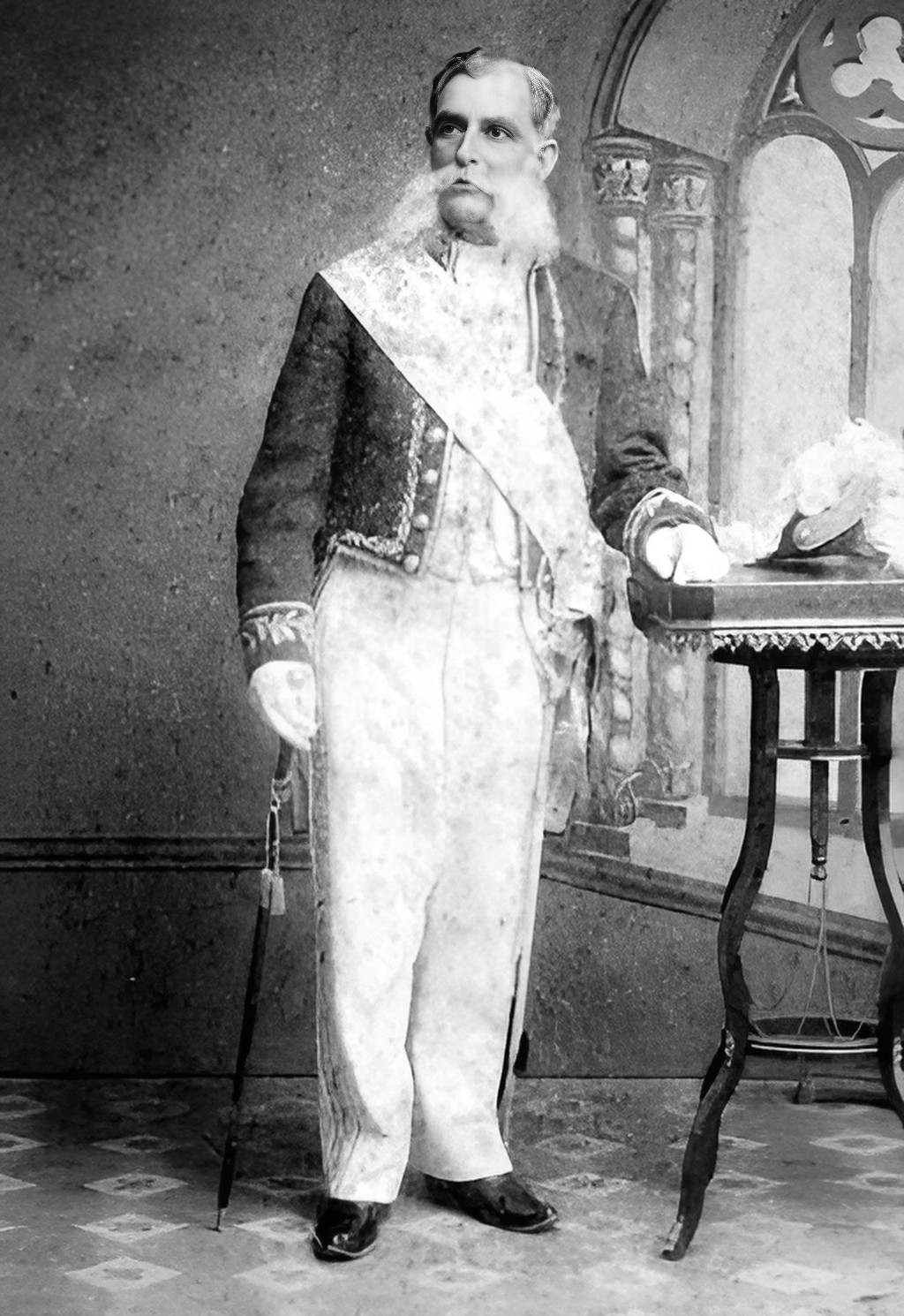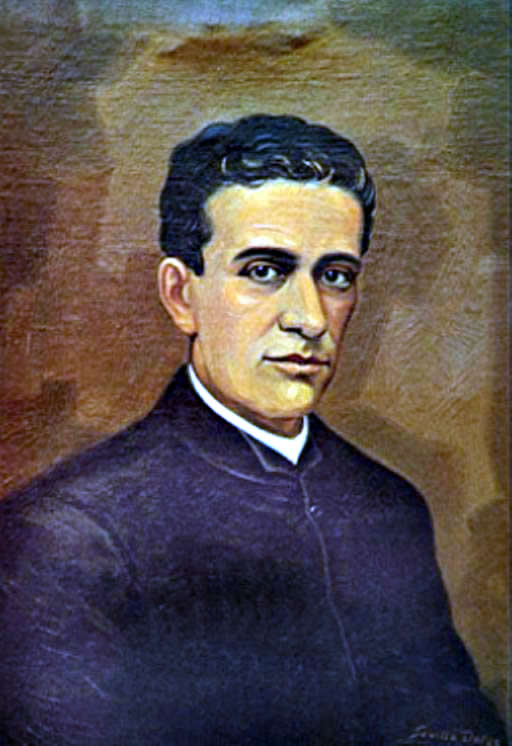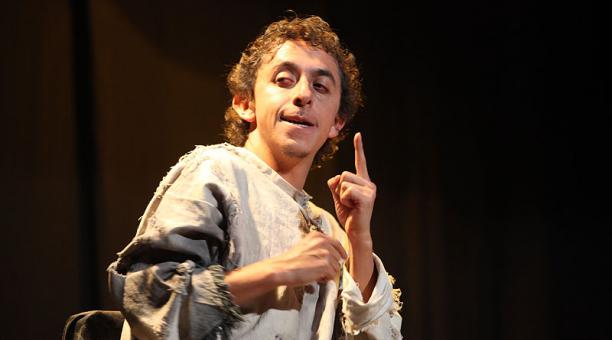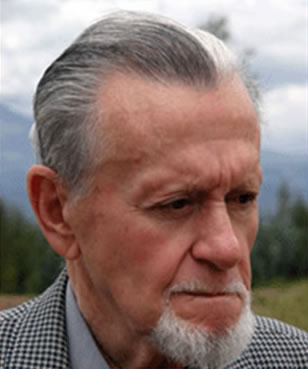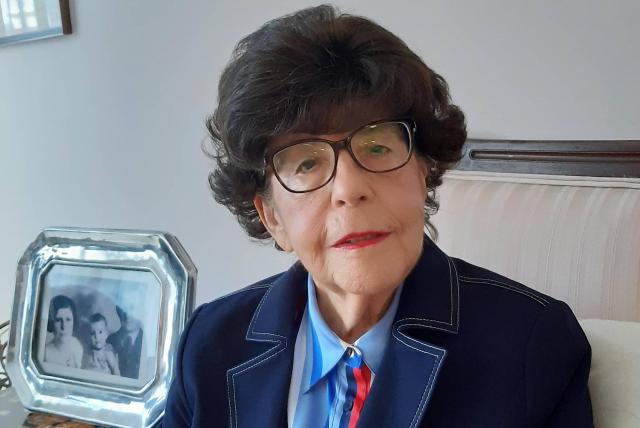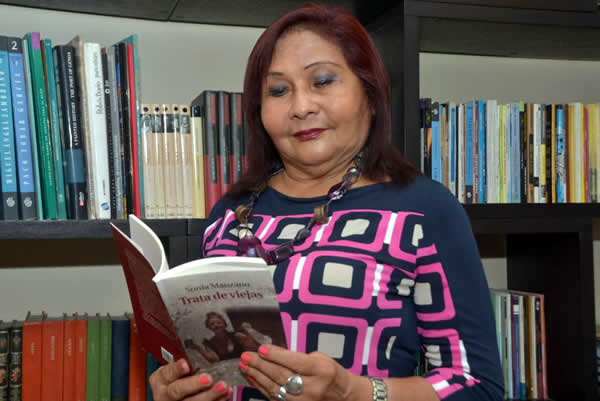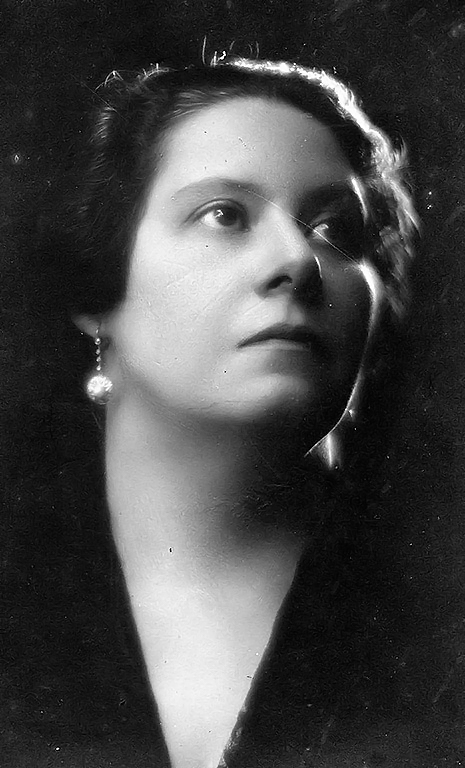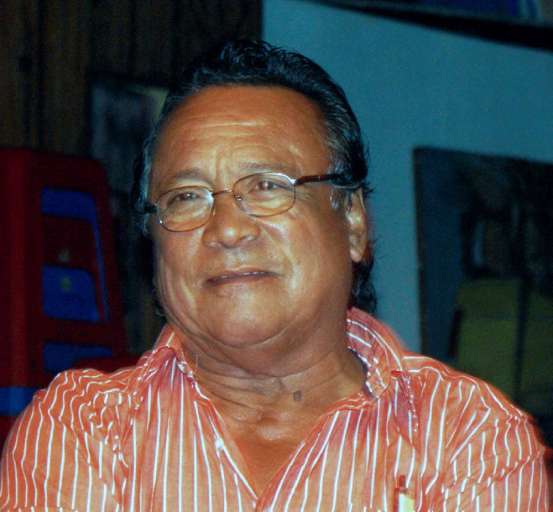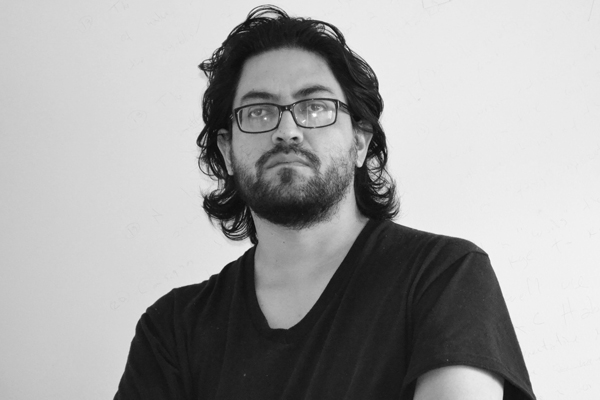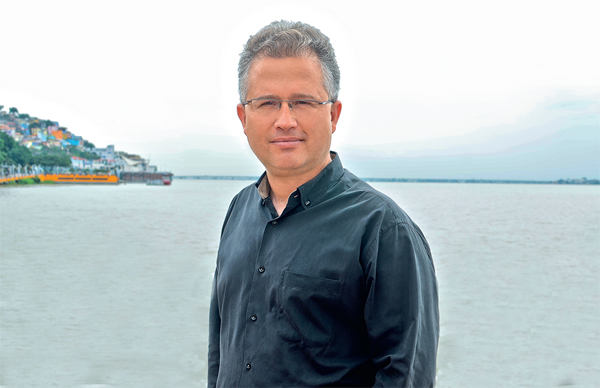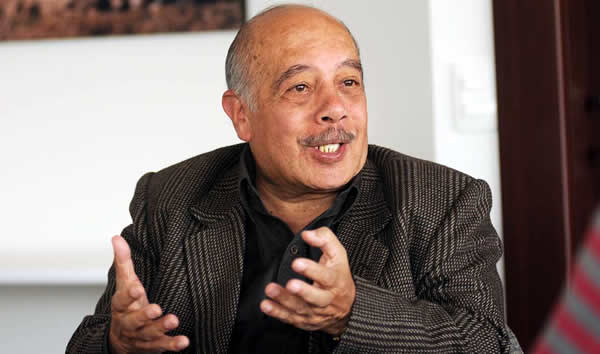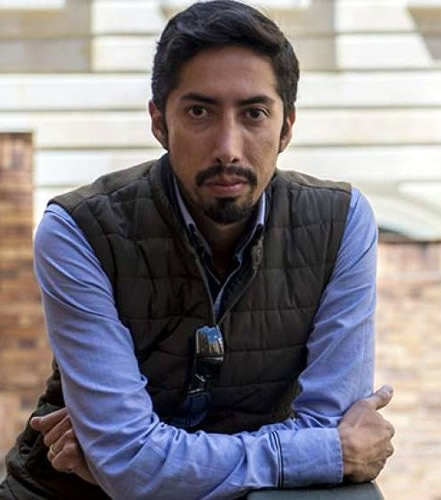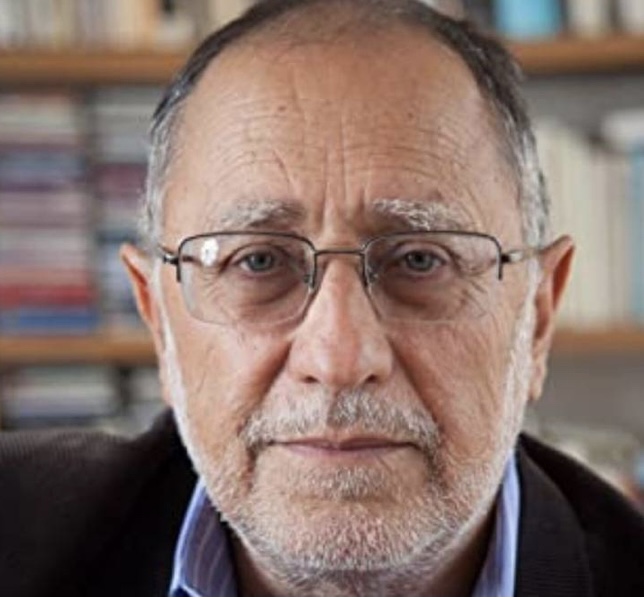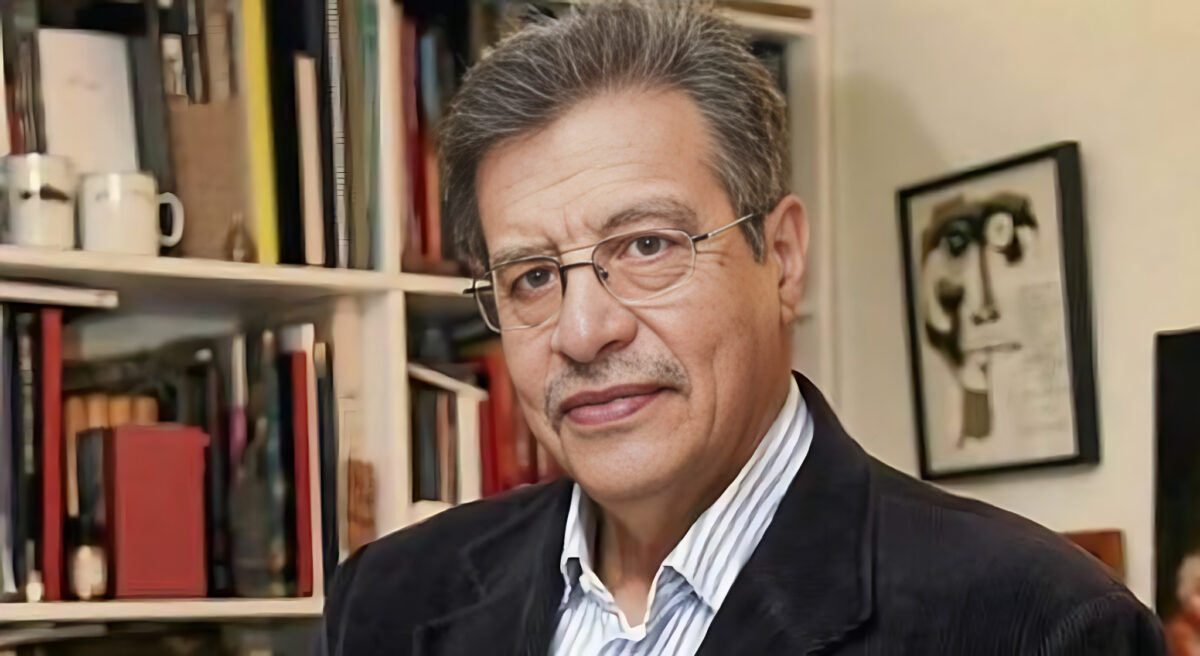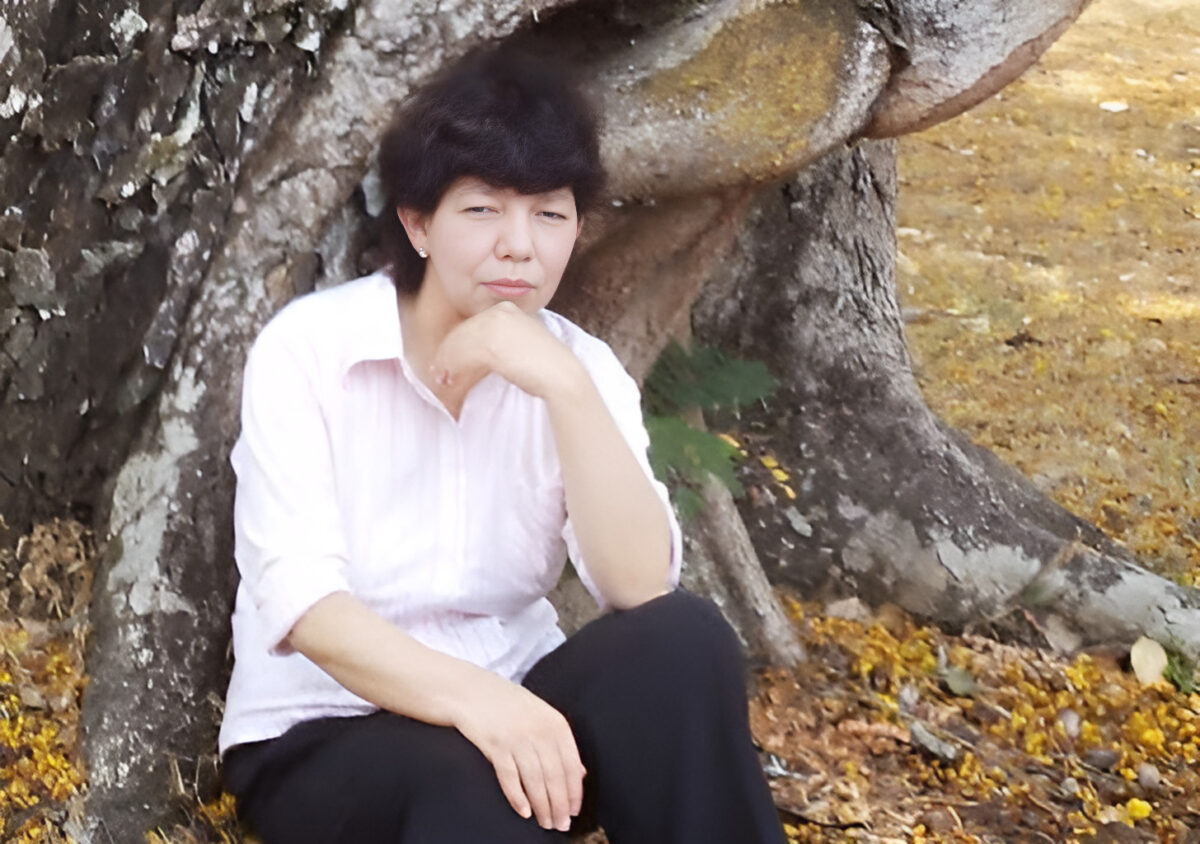Luis Benjamín Cordero Crespo (Cañar, April 6, 1833 – Cuenca, January 30, 1912) served as the 14th president of Ecuador between July 1, 1892 to April 16, 1895. Cordero began publishing poetry in Spanish and Quechua after his political and legal career, and in 1892 published the first Quicha-Spanish dictionary. In 1904 he wrote the Hymn of Azuay (also referred to as the Hymn of Cuenca) which is still in use today.
Continue reading “Luis Cordero Crespo”Author: richard
Juan Bautista de Aguirre
Father Juan Bautista de Aguirre y Carbo (Daule, Ecuador, April 11, 1725 – Tivoli, Italy, June 15, 1786) was a writer, poet, philisopher, theologian and Jesuit priest from colonial South America. Aguirre wrote poems of varying topics, including religious, moral, and love poems. Aguirre taught in Quito at the San Gregorio Magno University until the Jesuits were expelled from Spanish America in 1767. On August 20 of that year he left South America from Guayaquil bound for Faenza, Italy, where the Jesuits of Quito had taken refuge. Once in Italy, Aguirre was the superior of the Jesuit convent school in Ravenna and rector of the college in Ferrara. After the Order of the Jesuits was terminated by Pope Clement XIV in 1773, he settled in Rome under the papacy of Pope Pius VI. He was a friend of the bishop of Tivoli, Monsignor Gregorio Bamaba Chiaramonti, future Pope Pius VII.
Continue reading “Juan Bautista de Aguirre”Carlos Gallegos
Carlos Gallegos is an Ecuadorian dramatist, stage director and actor from Cuenca who starred in the 2010 film Prometeo deportado (Deporting Prometeo). In 2015, his play Barrio Caleidoscopio (2010), translated into French as Quartier Kaléidoscope, was awarded at the Le Coup de Chapeau festival in Toulouse, France. As the winner of the prize, his play was included in the 2016 programming of the Le Grand Rond theater. Since 2013, Gallegos has resided in France.
Continue reading “Carlos Gallegos”Filoteo Samaniego
Filoteo Samaniego Salazar was an Ecuadorian poet, novelist, translator, historian and diplomat. He was born in Quito on July 11, 1928 and died in the same city on February 21, 2013. Since 1984 he was a member of the Ecuadorian Academy of Language, and was its secretary from 1996–2006. Samaniego’s diplomatic career began in 1949 as the chief of staff of Ecuador’s Ministry of Foreign Affairs. He served as Ecuador’s Ambassador to Germany, Egypt, Austria and Romania. Among his translations is Cronica, 1961, (originally Chronique, 1960), by the French Nobel laureate Saint-John Perse. Among Samaniegos’ most popular poetry books are Agraz (1956), Relente (1958) and Umiña (1960), and he is the author of the novel Sobre sismos y otros miedos (1991). In 2001 he was awarded Ecuador’s top literary prize, the Eugenio Espejo Award.
Continue reading “Filoteo Samaniego”Lupe Rumazo
Lupe Rumazo Cobo (Quito, Ecuador, October 14, 1933) is an Ecuadorian writer and essayist known for her philosophical reflections and innovative narrative techniques. Her works, spanning essays, short stories, and novels, explore themes of identity, exile, and existential struggle. Notable authors like Ernesto Sábato, Juana de Ibarbourou, and Benjamín Carrión have prologued her works. A member of the Ecuadorian Academy of Language, the House of Ecuadorian Culture, and the Circle of Venezuelan Writers, she has lived in Venezuela since 1973. Though initially more recognized in Venezuela, she is now regarded as one of Ecuador’s most significant literary figures.
Continue reading “Lupe Rumazo”Sonia Manzano Vela
Sonia Manzano Vela is an Ecuadorian poet, novelist, short story writer and pianist. She was born in Guayaquil on February 27, 1947. Her poetry collection Carcoma con forma de paloma (1986) achieved commercial success. Her short story collection Flujo escarlata (1999) won the Joaquín Gallegos Lara National Fiction Prize. Her first novel, Y no abras la ventana todavía (1993) won the first prize in the “Biennial Ecuadorian Novel” contest. Her last novel, Solo de vino a piano lento (2013), was acclaimed by literary critic Antonio Sacoto as the best novel written by an Ecuadorian woman so far in the 21st century.
Continue reading “Sonia Manzano Vela”Rosa Borja de Ycaza
Rosa Borja de Ycaza (Guayaquil, July 30, 1889 – Guayaquil, December 22, 1964) was an Ecuadorian writer, essayist, playwright, sociologist, poet, feminist, and activist. A prominent figure in Ecuadorian intellectual circles, she was a passionate advocate for women’s rights and education, founding the Legión Femenina de Educación Popular and contributing to international feminist movements. She held several key cultural and political roles, including Director of the Centro de Estudios Literarios at the University of Guayaquil and president of the Ecuadorian branch of the Unión de Mujeres Americanas. Her literary works, including plays, poetry, and essays, reflect her deep commitment to social reform and gender equality.
Continue reading “Rosa Borja de Ycaza”Jorge Velasco Mackenzie
Jorge Velasco Mackenzie is an Ecuadorian novelist, short story writer, poet, playwright and professor. He was born in Guayaquil on January 16, 1949. In 1983, Velasco Mackenzie published his first (and most famous) novel El rincón de los justos. In 1986 he won the “Grupo de Guayaquil” Award for his novel about the Afro-Ecuadorian people, Tambores para una canción perdida. 1996 he won first place in the IV Biennial of the Ecuadorian Novel with his historical novel En nombre de un amor imaginario.
Continue reading “Jorge Velasco Mackenzie”Andrés Ortiz Lemos
Andrés Ortiz Lemos is an Ecuadorian writer, sociologist, political analyst, literary critic and academic. His latest non fiction book, Crónicas del Socialismo del Siglo XXI (2019), co-written with Luis Espinosa Goded, is a libertarian analysis of how Ecuador’s socialist government has become increasingly divided as a result of corruption scandals and a collapsing economy. Ortiz Lemos currently teaches sociology and political science at the Political Science Department of the Central University of Ecuador.
Continue reading “Andrés Ortiz Lemos”Leonardo Valencia
Leonardo Valencia is an Ecuadorian novelist and short story writer. He was born in Guayaquil in 1969. He studied in Ecuador and Spain, where he obtained a degree in literary theory at the Autonomous University of Barcelona. He created the university’s writing program and ran it for several years. He currently lives in Quito where he teaches literature and creative writing at the Simon Bolivar Andean University. The literary critic Andrés Ortiz Lemos called Valencia’s latest novel, La escalera de Bramante (2019), “one of the most important novels written in the Spanish language in recent years.”
Continue reading “Leonardo Valencia”Humberto Vinueza
Humberto Vinueza Rodríguez was a writer and politician. He was born in Guayaquil in 1942 and died in Quito on March 15, 2017. During his lifetime, we published around 15 books, which earned him prestigious prizes such as the José Lezama Lima Prize (Cuba) and the Jorge Carrera Andrade Prize (Ecuador). He was part of the Tzantzismo literary movement of the 1960s Ecuador. In 1970 he published the book Un Gallinazo Cantor Bajo un sol de a perro. This book has been called a fundamental part of Ecuadorian poetry by writers such as Jorge Dávila Vázquez and Abdón Ubidia.
Continue reading “Humberto Vinueza”Jorge Luis Cáceres
Jorge Luis Cáceres is an Ecuadorian short story writer, editor and anthologist. He was born in 1982 in Quito. In 2013 he published a best-selling anthology titled No entren al 1408, a tribute to the “master of horror” Stephen King. The original edition of the book consisted of 22 Spanish-language horror stories by authors from various countries. Subsequent editions contained stories by authors of up to 30 countries, including Ecuador, Cuba, Argentina, Peru and Mexico. In 2012, he was recognized as one of “the 34 Latin American authors of unquestionable literary quality” at the Guadalajara International Book Fair.
Continue reading “Jorge Luis Cáceres”Carlos Arcos Cabrera
Carlos Arcos Cabrera (Quito, 1951) is an Ecuadorian sociologist and writer. He began his writing career with the novel “Un asunto de familia” in 1997, followed by “Vientos de agosto” in 2003 and “El invitado” in 2007, both of which won the Joaquin Gallegos Lara Prize in their respective years of publication. He has also written books for young people, including “Memorias de Andrés Chiliquinga” in 2013, which features the character Andrés Chiliquinga from Jorge Icaza’s 1934 novel “Huasipungo.”
Continue reading “Carlos Arcos Cabrera”Abdón Ubidia
Abdón Ubidia is a novelist, short story writer and playwright. He was born in Quito in 1944. He is considered one of the most important voices of modern Ecuadorian literature. In 1986 he published Sueño de lobos, which was hailed by critics as the book of the decade. It was translated into English in 1996 as Wolves’ Dream. In 2012, President Rafael Correa awarded Ubidia with the Eugenio Espejo Prize in Literature, Ecuador’s top literary prize. Ubidia’s books have been translated into many languages.
Continue reading “Abdón Ubidia”Sara Vanégas Coveña
Sara Vanégas Coveña (Cuenca, October 19, 1950) is an Ecuadorian poet, writer, and educator. She earned a Ph.D. in Germanistics from the Goethe Institute in Munich and has taught at the University of Munich, Bielefeld University, and currently at the Universidad del Azuay in Cuenca. A prolific author, she has published over 30 works, including poetry collections and essays. Vanégas has been honored as a Universal Ambassador of Peace and is a two-time winner of the Jorge Carrera Andrade National Poetry Prize, receiving the award in 2000 and 2004.
Continue reading “Sara Vanégas Coveña”